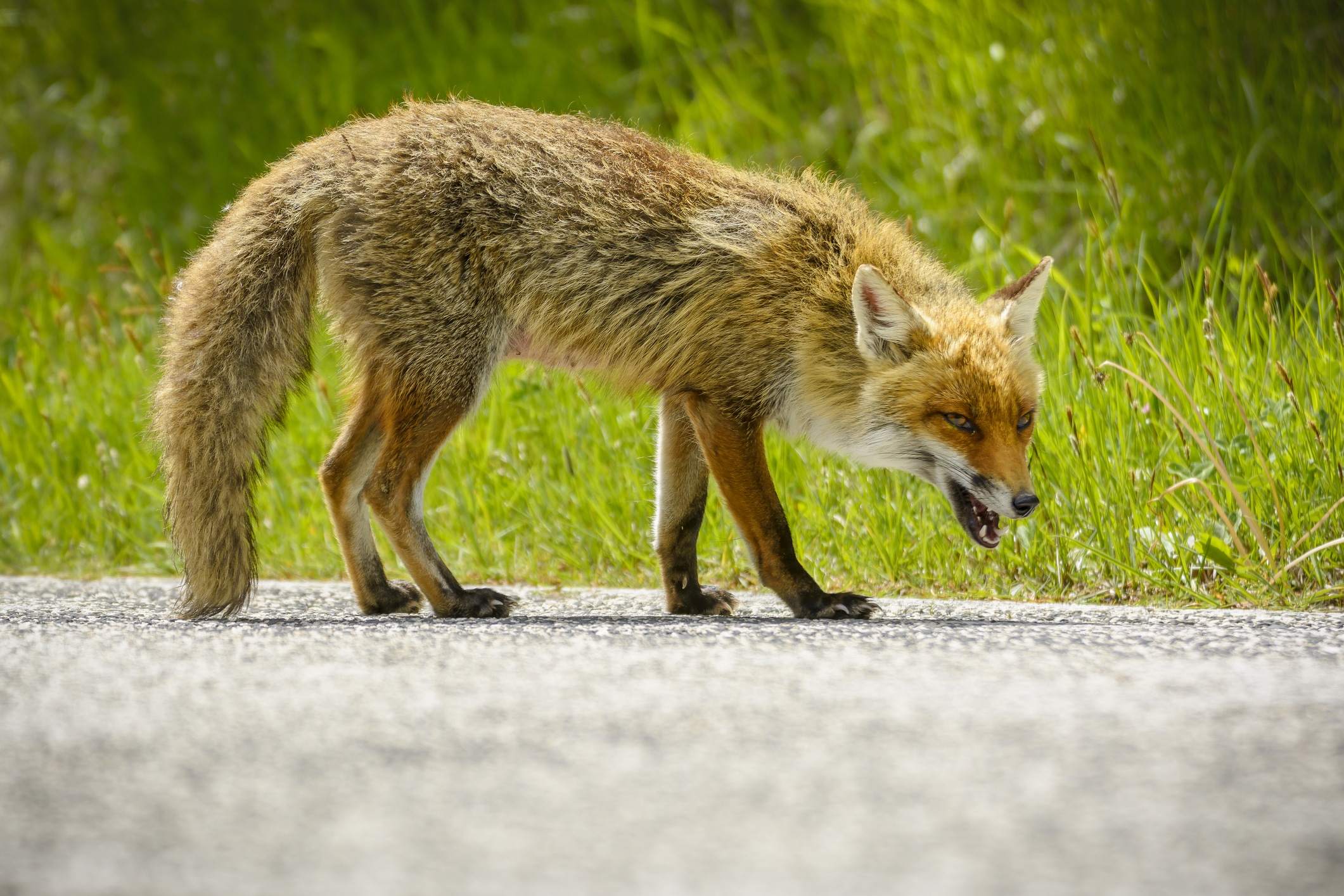Photo from Getty Images
Person attacked by rabid fox in Augusta County, VA
Officials are warning the public to stay vigilant after a rabid fox attacked a person in Augusta County, VA on May 10. According to a statement by health officials, a person in the area of Hildebrand Church Road, off of Rt. 254 west of Crimora, was attacked by an unprovoked fox and bitten around 10 times. The fox was subsequently killed and tested positive for rabies.
The health department says that anyone in the community that may have come into contact with the saliva of a fox around the same place and time of the attack may have been exposed to rabies. For more information, or if you have concerns about possible exposure, call the Central Shenandoah Health District at 540-332-7830 or visit vdh.virginia.gov/environmental-epidemiology/rabies-control/.
New hiking program in Haywood County, NC starts in June
A new hiking program aims to educate and inspire citizens about the trails and vistas of Haywood County. The Haywood Hiking Trails Program offers free guided hikes ranging in difficulty from easy to moderate. Hikes are open to people of all ability levels.
Three hikes will be offered each month beginning in June. Due to the pandemic, hikes will be limited to 10 people. To learn more about the program schedule, or to register for a hike, call Haywood County Recreation and Parks at 828-452-6789 or email [email protected].
Want to help save the bees? Participate in “No Mow May”
Looking for an excuse to let your yard go wild while helping bees, too? Participate in “No Mow May,” a campaign to support bees that asks the public to wait until June to mow their lawns. Research has shown that not mowing in May results in more flowers and nectar all summer long, which helps struggling pollinators survive. (It’s not too late to participate—stop mowing your lawn today!)
The UK study found that 80% of lawns supported the equivalent of around 400 bees a day from the nectar sugar produced by flowers like dandelion, white clover, and selfheal. Twenty percent of lawns, dubbed “superlawns” were found to support as many as 4,000 bees a day. The most productive lawns were cut just once a month, allowing ‘short-grass’ plants like daisy and white clover a chance to flower.








